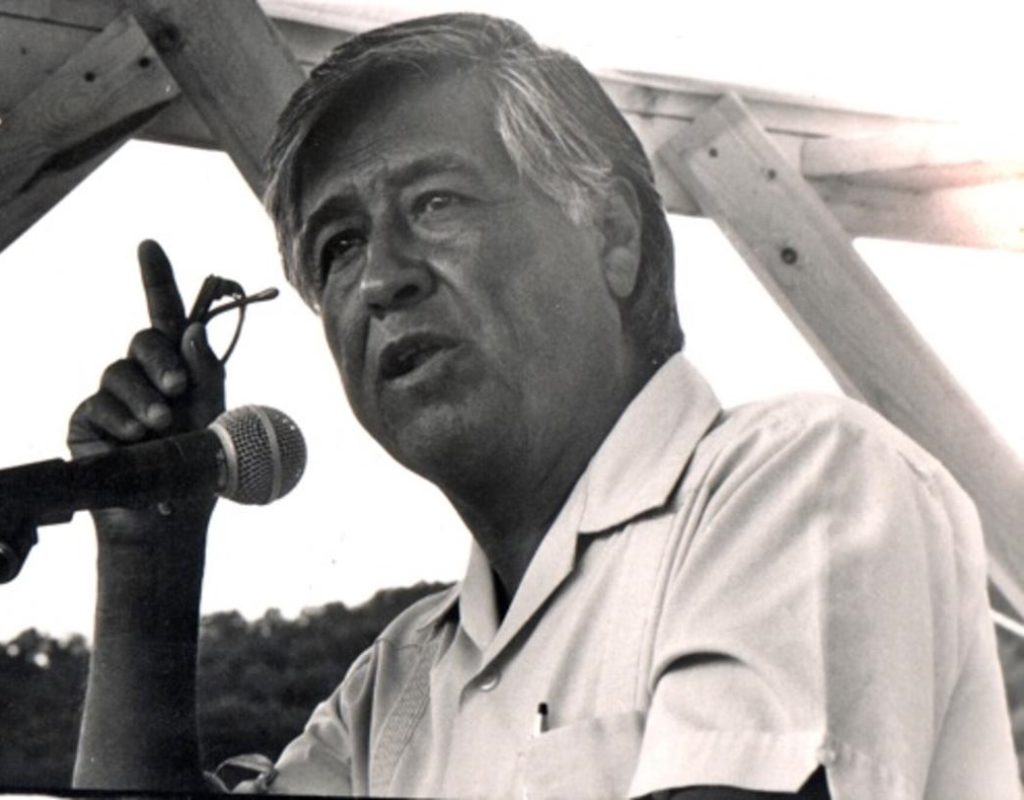Social Justice Activist Spotlight: Cesar Chavez
 Cesar Estrada Chavez was born March 31, 1927 near Yuma, Arizona. In 1937, Chavez and his family packed their belongings and headed to California in search of work. The Chavez family became part of the migrant community, traveling from farm to farm to pick fruits and vegetables during the harvest. They lived in numerous migrant camps, and Chavez often encountered cruel discrimination at school.
Cesar Estrada Chavez was born March 31, 1927 near Yuma, Arizona. In 1937, Chavez and his family packed their belongings and headed to California in search of work. The Chavez family became part of the migrant community, traveling from farm to farm to pick fruits and vegetables during the harvest. They lived in numerous migrant camps, and Chavez often encountered cruel discrimination at school.
In 1952, Chavez joined a group called the Community Service Organization (CSO), formed by Saul Alinsky. Chavez, as part of the CSO, began urging Mexican-Americans to register and vote. Chavez traveled throughout California and made speeches in support of workers' rights. He became general director of CSO in 1958.
Four years later, Chavez left CSO to form his own organization, which he called the National Farm Workers Association (NFWA), later named the United Farm Workers (UFW). In 1965, Chavez and the NFWA led a strike of California grape-pickers to demand higher wages. They encouraged all Americans to boycott table grapes as a show of support. The strike lasted five years and attracted national attention.
In 1968, Chavez began a fast to call attention to the migrant workers' cause. His fast increased public awareness of the problems the workers faced. In the late 1960s, the Teamsters attempted to take power from the UFW. After many battles, an agreement was finally reached in 1977. It gave the UFW sole right to organize field workers.
In the early 1970s, the UFW organized strikes and boycotts to get higher wages from grape and lettuce growers. During the 1980s, Chavez led a boycott to protest the use of toxic pesticides on grapes. He again fasted to draw public attention. These strikes and boycotts generally ended with signing of bargaining agreements. Cesar Chavez continued his work until his death in April 1993.
